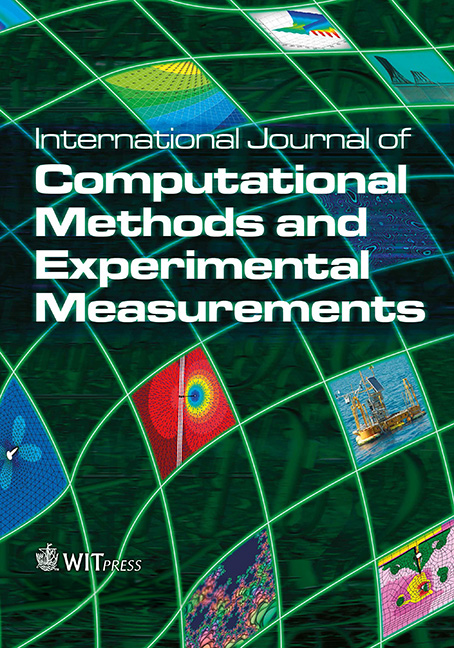Coherent vorticity and discontinuous flow in particle-based SPH modeling
Price
Free (open access)
Volume
Volume 10 (2022), Issue 3
Pages
12
Page Range
224 - 236
Paper DOI
10.2495/CMEM-V10-N3-224-236
Copyright
WIT Press
Author(s)
Oddny H. Brun, Joseph T. Kider, JR. & R. Paul Wiegand
Abstract
Smoothing sequences in smoothed particle hydrodynamics (SPH) contain numerous discontinuities. In general, in science, discontinuities are well known to cause inaccuracy if smoothing is performed without taking the discontinuity into consideration, most commonly referred to as the Gibbs phenomenon. We found that 24%–27% of the fluid particles at any given time step have sequences containing one or more discontinuities in typical benchmark fluid problems. The effect of taking the discontinuities into consideration for the fluid particles that show coherent vorticity resulted typically in a 50% of change in particle movement compared to that particle’s movement from its current time step to the next. First and second generation wavelets were used for discontinuity identification and vorticity analysis, respectively. Results of a sloshing tank case simulated by the SPH method were used for the analysis.
Keywords
Discontinuities, second-generation wavelets, smoothing, smoothed particle hydrodynamics (SPH), vorticity.




